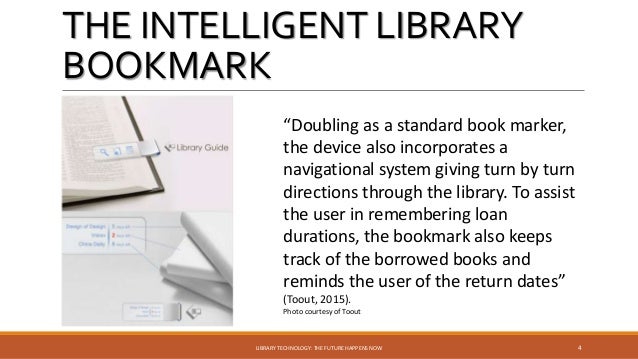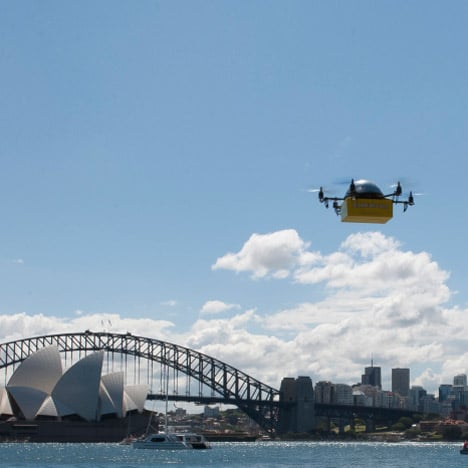There is a saying, “Nothing succeeds like
success; and nothing fails like failure.” We appreciate the end results, but
never look at the efforts. It points to a business-like approach. But life is
much more than business. Two students joined a laboratory to do research. One
pursued a stereotype approach, followed a well-known path and got some results,
published them and left the laboratory with a certificate. The other tried to
do something new, but at the end of five years, finished only half of what he
was meant to do. He did not get a certificate, because there was no
appreciation for his unconventional efforts. The attempt to innovate was nipped
in the bud.
A company asked a scientist to develop a solar cell.
He developed one, but the efficiency of the solar cell was half of the
efficiency of the solar cell available in the market, and the manufacturing
cost was double. The scientist was fired.
Both examples suggest that we are not ready to
pay a price for innovation. In both cases, there was no lack of sincerity and
effort. We do not have patience to develop on our own. We borrow and buy the
by-products of others and enjoy them. When we passed out from the school, our
headmaster gave a piece of advice. He said, “Dear boys! While growing up, try
to depend less and less on others and more and more on yourselves. That would
help you develop confidence and lead you towards excellence.”
Today we are lamenting the lack of excellence
everywhere; in our educational institutions, in our science, technology and in
our manufacturing and services. Ideas are borrowed. Implementation processes
are borrowed. Technology is borrowed. Therefore there is no excellence. When we
have nothing to show in the present, we go back to the past and claim that our
past was better than others. How long will we bask in past glory which has now
only limited or no relevance?
Not long ago we did produce a few Nobel
laureates, great thinkers and reformers, leaders and doers. It happened because
we yearned for change and to achieve it, we were committed and prepared to
undertake sacrifices in order to prove our potential and excel.
The spirit of sacrifice gradually faded after
Independence. The need of the hour is to excite the youth, encourage them to
follow the path less travelled, to overcome the hurdles of destiny, and to
shift the target forward so that they can learn to walk ahead fearlessly.
Uncertainty could be converted into certainty and hurdles into opportunities.
Only a robust general educational system, can
help us achieve this. Positive change will come only when the means of change
is based on truthfulness and honesty. MK Gandhi brought about a change in us
because he adhered to these principles under all circumstances.
Growth must be universal, not local. In science
we have seen that universal laws are more effective than the local ones which
are subject to fluctuations. There are many scientists but only a few are
remembered, like Newton, Einstein and Darwin because they showed us the
eternity of science and the beauty of its creations.
Science is not destructive, it is our inability
to use it for constructive, peaceful purposes that proves to be dangerous.
Source: TOI The Speaking tree 27 Feb, 2019







